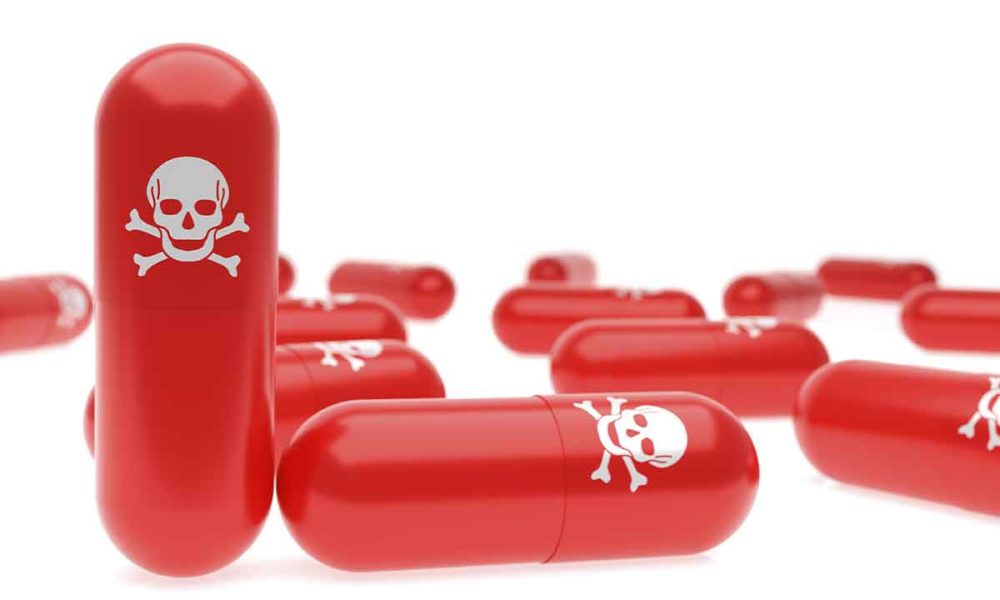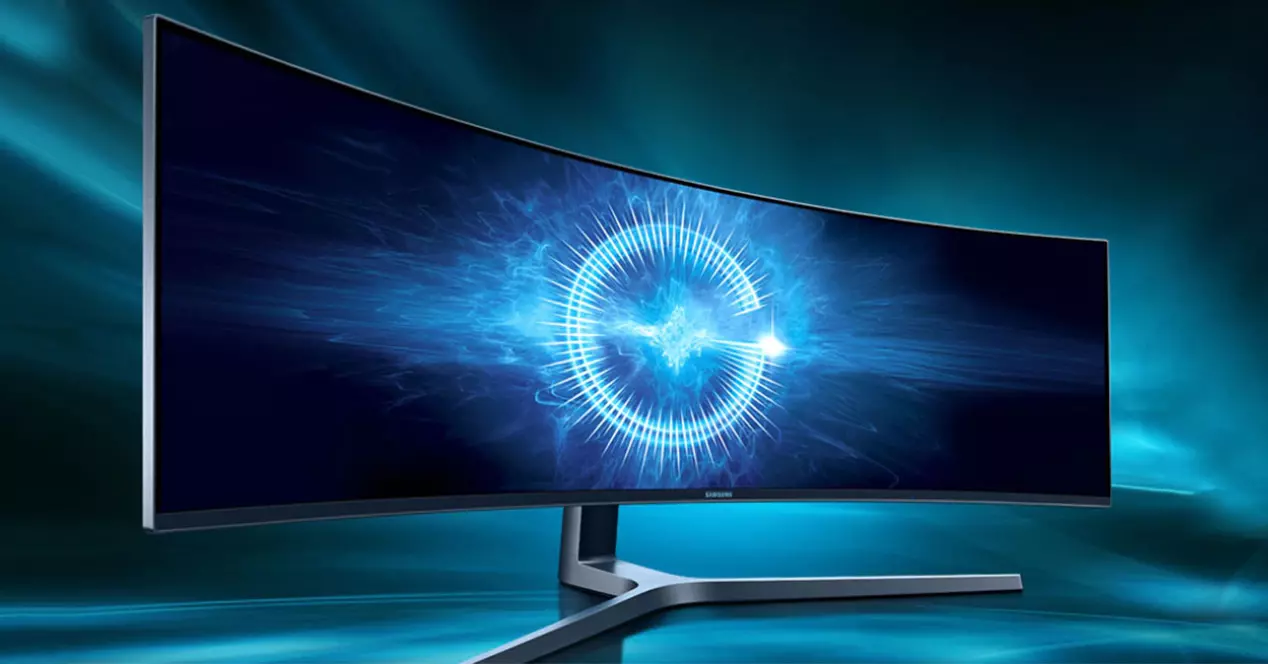
Elon Musk He has already starred in the occasional soap opera on Twitter in recent years. We have grown accustomed to his verbal excesses, his bravado and the slips that provoke investigations by the SEC. However, what we did not expect until a few weeks ago was that the social network itself was the protagonist of one of those stellar moments of the founder of Tesla and SpaceX.
As we told you a couple of weeks ago, Elon Musk expanded his shareholding in Twitter, raising it to 9.3% of the company’s securities. In addition, along with the purchase, it was announced that the billionaire would become a member of the board of directors of the social network. However, an important detail was left floating in the air, and it was that Musk’s entry to the board of directors was conditional on his participation never exceeding 15%.
Finally, as we already told you, Elon Musk declined to join the board of directors and, a few days later, announced his intention to take control of Twitter. with a purchase of shares valued at 43,000 million dollars. Why become a member of the board of directors if you can directly buy the company and do with it what you want? It seems that Musk really has a lot of interest in taking over the social network and applying his plan of measures to it.
It was not, however, going to be so easy. Already with the masks out, with a Musk tweeting (yes, he did it on Twitter itself) that one of the measures he planned to take was reduce the salary of board members to zero dollarsit became clear that this takeover bid (takeover bid) is hostile in nature and, consequently, the current directors have decided to deal with it using an interesting mechanism, commonly called poison pill (poisonous pill or tablet).
Board salary will be $0 if my bid succeeds, so that’s ~$3M/year saved right there
— Elon Musk (@elonmusk) April 18, 2022
tion of purchase as raised by Musk, tThey have the possibility of issuing more shares and making them available to current shareholders for a price below the market price.. And what is achieved with this? Very simple, dilute the participation of the new shareholder.
let’s put uA very, very basic example with NOT real data: Imagine that Twitter has a total of two million shares, but only in circulation (those that the new investor wants to buy), and that each one costs ten euros. The arithmetic is simple, if you invest ten million dollars to gain control of that million shares, you will own 50% of the company. But this is where the poison pill comes in.
The current directors of Twitter decide to issue, let’s put another two million shares, and that the current directors and shareholders can buy each new title for five dollars. Quite an interesting offer, if the profitability of that company’s shares is anything to go by, right? So those two million shares are sold to those specific people, for a total of another ten million dollars. Do you see what has happened?
Indeed, now it turns out that the buyer who wanted to take control of the company, in this case Twitter, and that with the purchase of the shares on the market had taken control of 50% of the company (one million shares of the two million existing then), Suddenly you no longer have 50%, but 25%. And, in addition, the shares that you have bought have been devalued, due to the presence of the new titles.
This mechanism, the poison pill, has existed in the United States since the 1980s, and in all this time, quite a few companies have used it to protect themselves against hostile takeover bids. From Netflix to Papa John’s, has always been effective, to the point that its simple invocation has blocked acquisition attempts in all cases. Of course, until now the famous pill hasn’t had to face an ego like Elon Musk’s and his intentions to take over Twitter… will this be the first time?



